Posted on: 2019-04-03
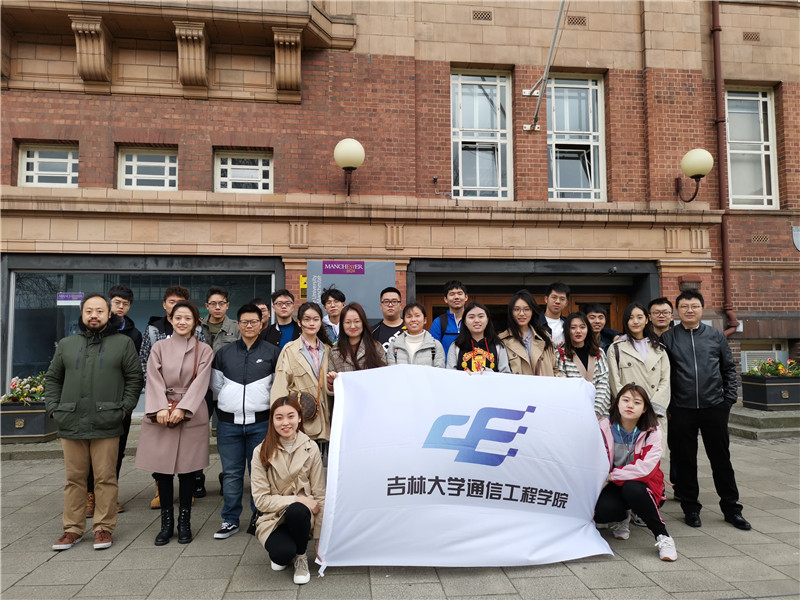
CCE’s student and faculty delegation have recently returned from its short-term exchange trip to the UK. The delegation, which consists of 23 members, embarked on a nine-day trip that lasted from March 18th to 26th, 2019. The trip, as a part of the Double First-Class Initiative, and to broaden students' academic horizon and collaborative spirit, brought participants to visit Queen Mary University of London (QMUL), Liverpool John Moores University (LJMU), University of Salford (US) and University of Manchester (UM).
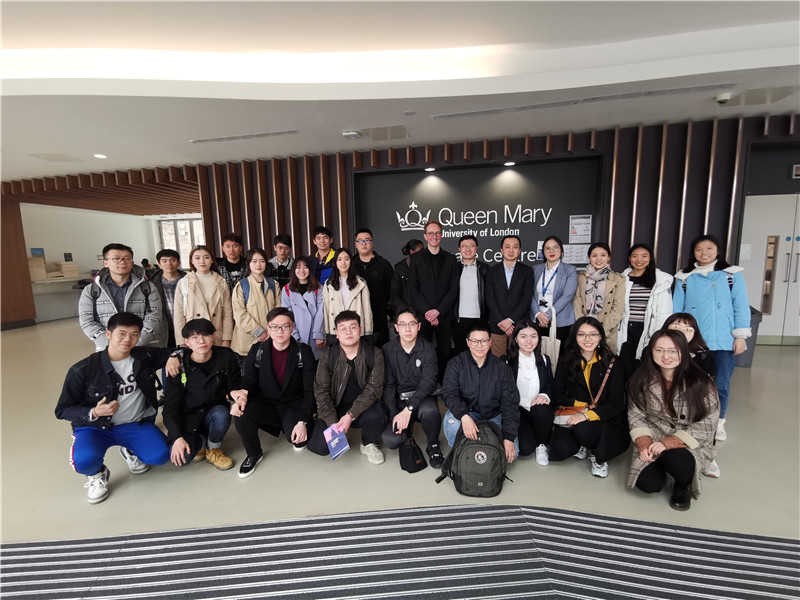
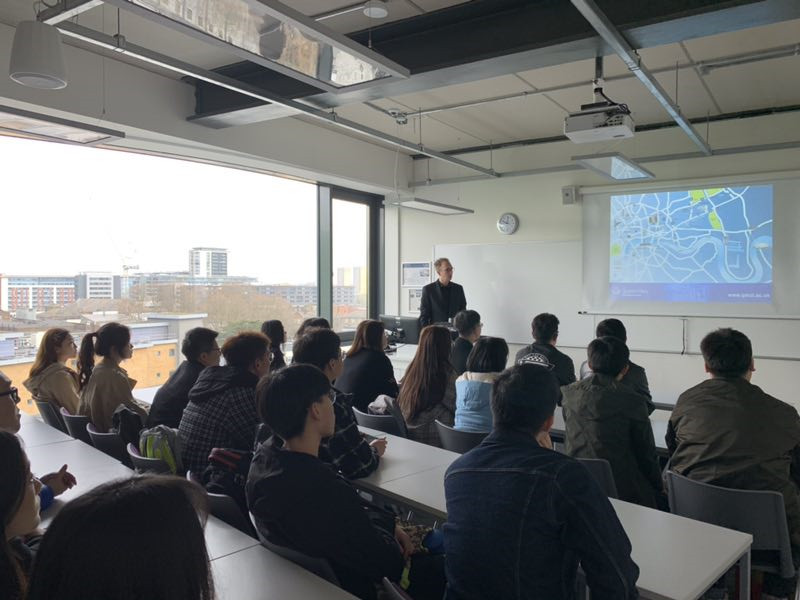
During the delegation’s visit to QMUL, our students were welcomed by Professor Gao Yue of the School of Electronic Engineering and Computer Science, Professor Nick Bryan-Kinns and Dr. Miao Lin from Department of International Joint Ventures. The welcoming delegation gave a tour of QMUL, which introduced the university’s history, current master and PhD projects, as well as summer exchange programs. The faculty of the QMUL also answered questions from our students, providing help for those who want to pursue a degree program outside of China. This session provided our students with insights on what it takes to study overseas, which will serve as important references, even for students who have already applied for a postgraduate degree, to find one’s research interest and to plan ahead.
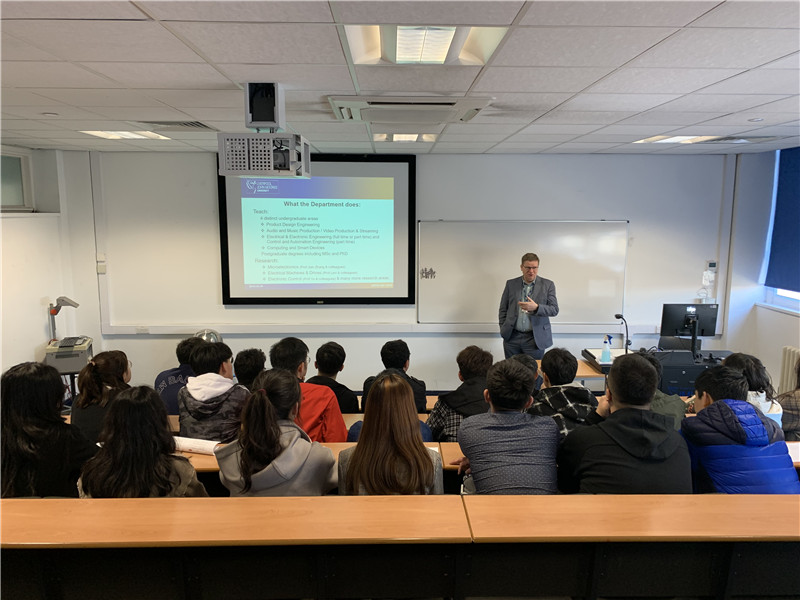

Next, the group traveled to the city of Liverpool to visit LJMU. Professor John Marsland, director of their Electrical and Electronic Engineer Program, who introduced the university’s history, and their current post-graduate programs. Dr. Qian Zhang and Dinli Yu also took our students on a guided tour of their laboratories, introduced them to their own research teams. Students were able to learn the faculty’s area of research, as well as experience what it is like to explore the frontiers of scientific research in their state-of-the-art laboratories.

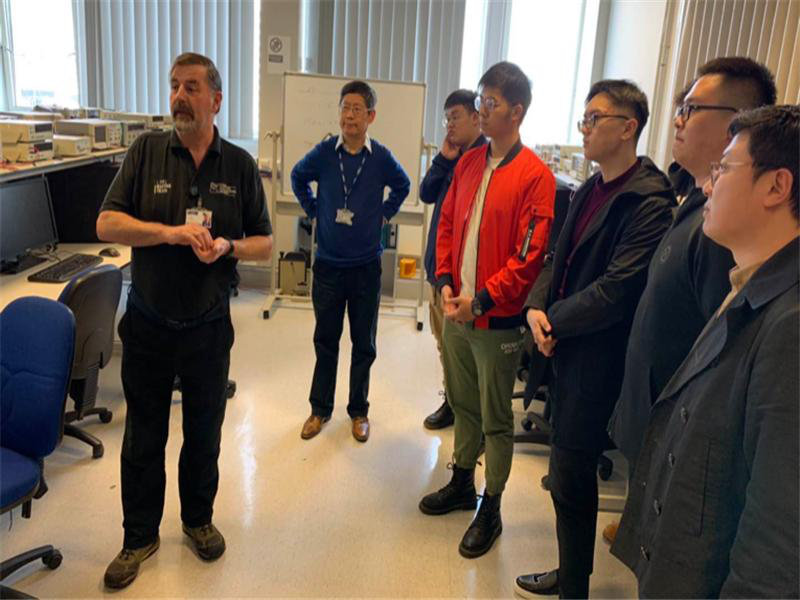
LJMU also arranged for the students to participate in two class sessions - a lecture on digital and analog electronic circuits by Professor Obrad Dordevic, and a lecture on biomedical engineering by Professor Hugh Smallman, who explained the structure and function of DNA, RNA and proteins. Professor Smallman also showed our students how theoretical research is being applied in practical real-world applications through biomechanical engineering. These two lectures provided the basis for our students, as they learned what it feels like to attend University in the UK, and discussed academic topics with their peers from countries all over the world.


For the next stop, our students visited Manchester to visit US and UM. Professor Theo Thodoridis of National Centre for Automation and Advanced Robotics Research at the University of Salford showcased four advanced robotic models for our students. Namely, the Kuka robot arm rivets, bionic robot arm based on pneumatic muscles, the ROS robot with artificial intelligence and the hospice robot to aid the elderly. Each of these robots were designed with specific functions in mind to fulfill different demands, explained Professor Theo, contributing to the diversification of the robotics industry. The final stop for the tour, a concept smart home, brings the future to the present, by incorporating intelligent appliances and furniture. This tour was a perfect example of how robotics and biomimetic research may improve everyday life.
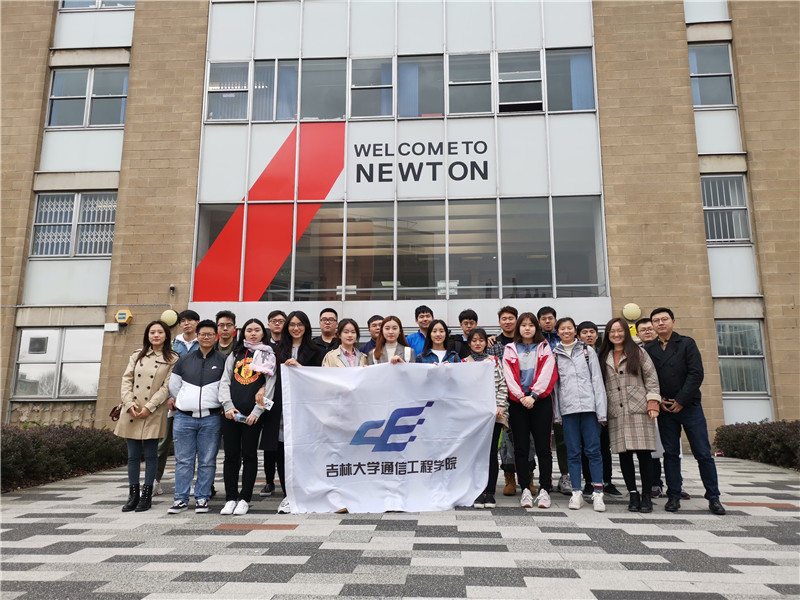
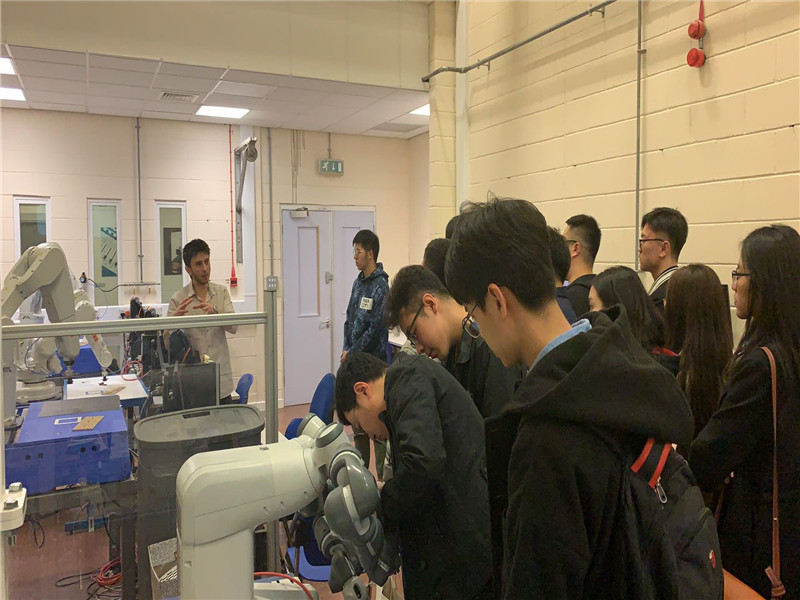
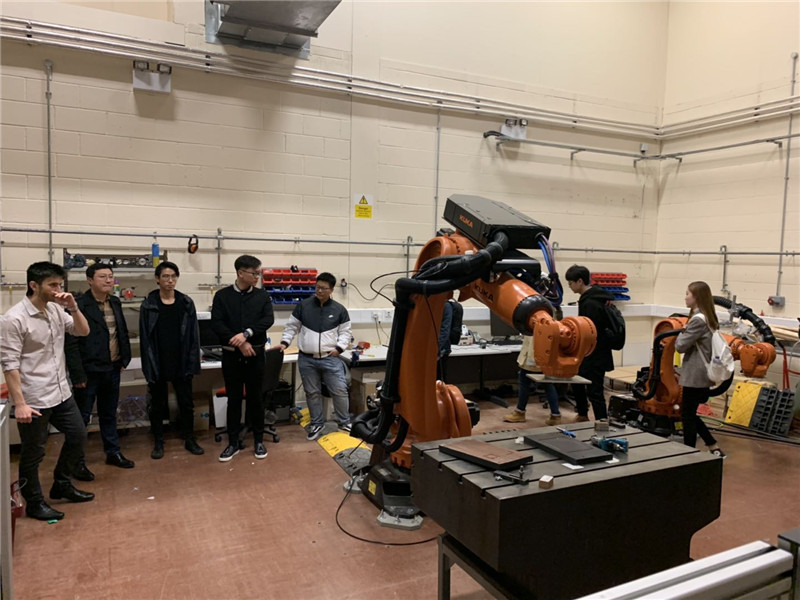
On the final stop of our visit, students were greeted by the faculty of UM. Our delegation visited the Manufacturing Technology Research Laboratory, the Dalton Nuclear Institute, a high-power laser laboratory and a 3D printing Laboratory. Researchers from the various facilities introduced their work to their visitors, including how high-powered lasers were used to cut, weld and break down various types of materials; how one of the world's most powerful picosecond laser is employed to explore cutting and welding in nuclear power plants and fission reactors; how lasers are used to accurately measure distance, and provide detailed scans of surfaces; as well as how five separate materials are used and mixed to produce layered 3D printing.
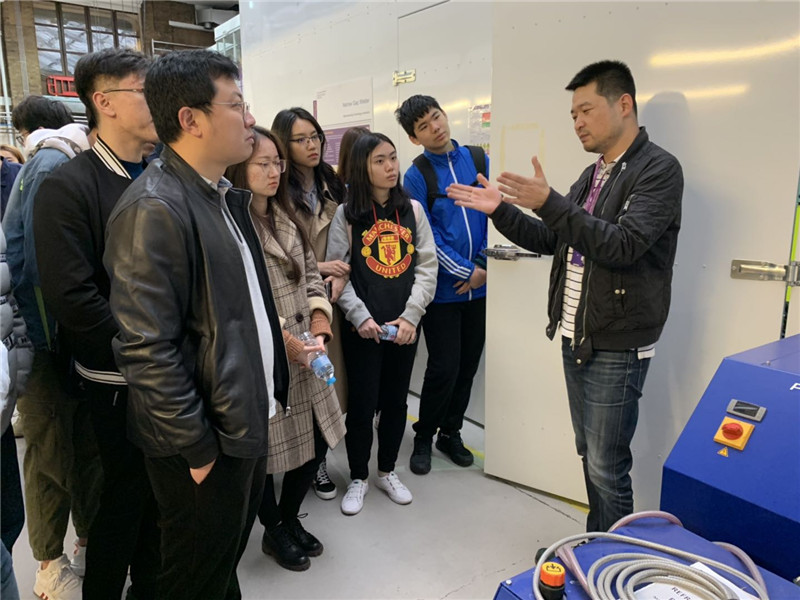
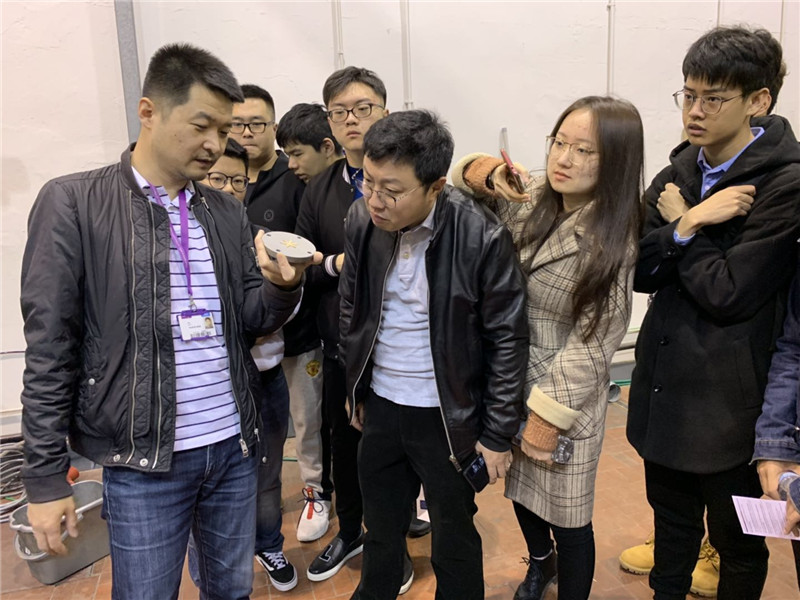
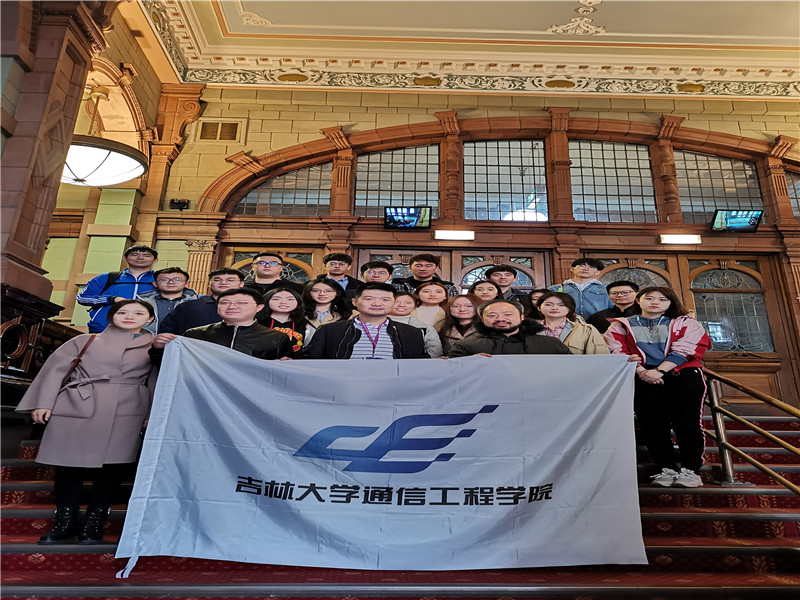
In addition to academic visits, our students explored historical sites in the UK, including the Oxford University campuses, the British Museum, the Science and Industry Museum to better experience UK history and culture .
Upon returning, our team can announce the delegation a success. The short-exchange strengthened the friendship between our university and QMUL, LJMU, US and UM. It laid a solid foundation for future cooperation and exchange, at the same time, enhanced our Undergraduates’ international perspective and academic horizon, all the while preparing them for future overseas learning and exchanges. Our team members have indicated that this was not only an eye-opening experience, but also a trip of inspiration, as they are now dedicated more than ever to contribute to learning from and cooperating with the rest of the world.